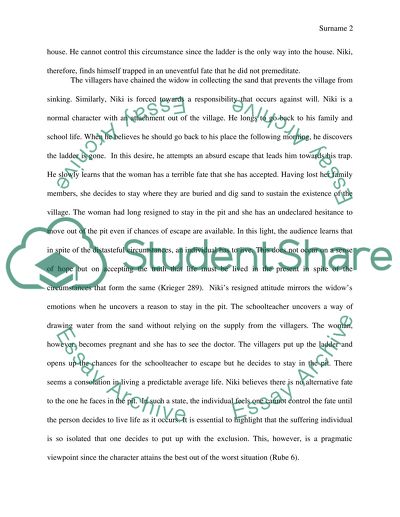Cite this document
(“A Meaning of One's Life Essay Example | Topics and Well Written Essays - 2000 words”, n.d.)
Retrieved from https://studentshare.org/literature/1648350-a-meaning-of-ones-life
Retrieved from https://studentshare.org/literature/1648350-a-meaning-of-ones-life
(A Meaning of One'S Life Essay Example | Topics and Well Written Essays - 2000 Words)
https://studentshare.org/literature/1648350-a-meaning-of-ones-life.
https://studentshare.org/literature/1648350-a-meaning-of-ones-life.
“A Meaning of One'S Life Essay Example | Topics and Well Written Essays - 2000 Words”, n.d. https://studentshare.org/literature/1648350-a-meaning-of-ones-life.


